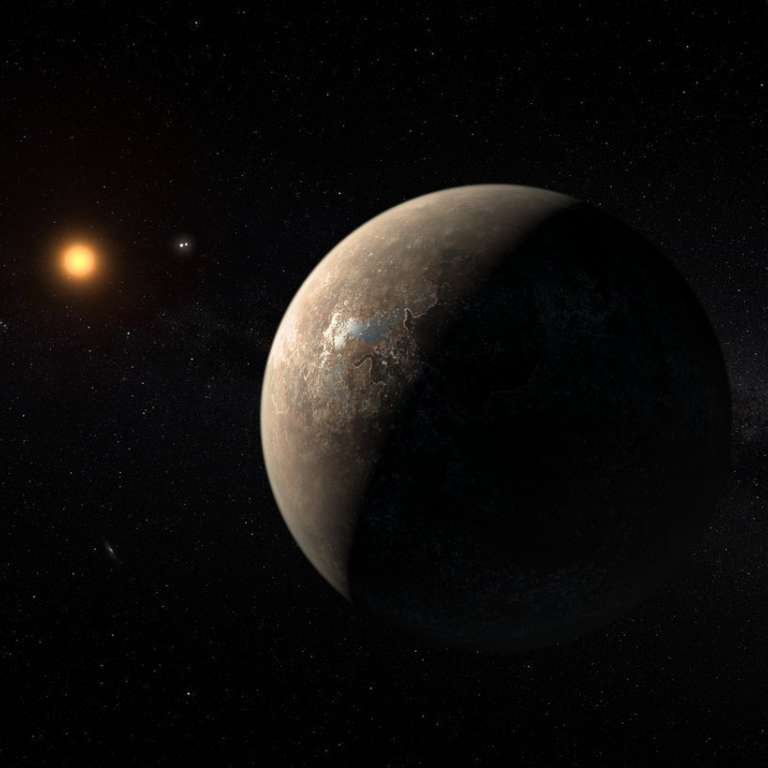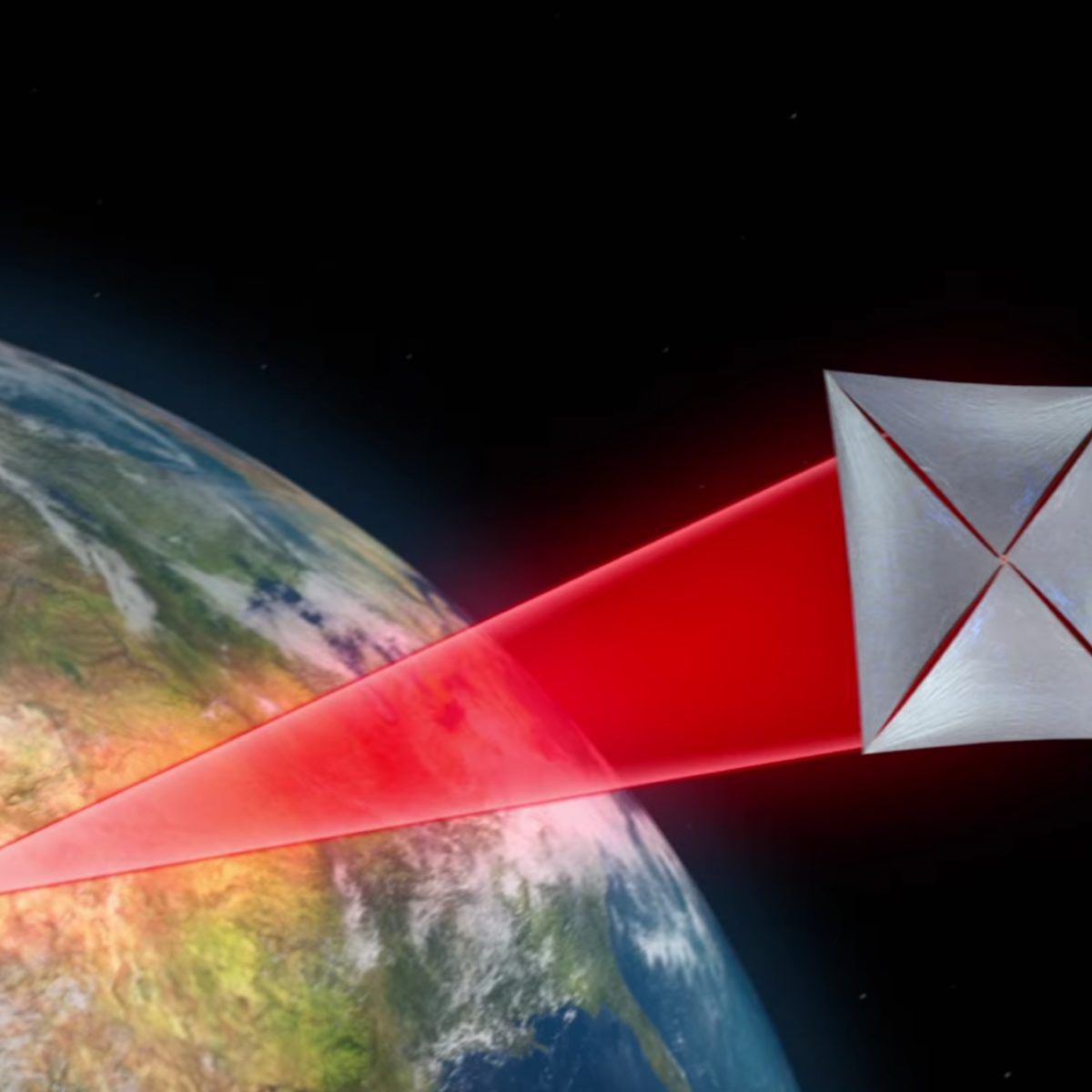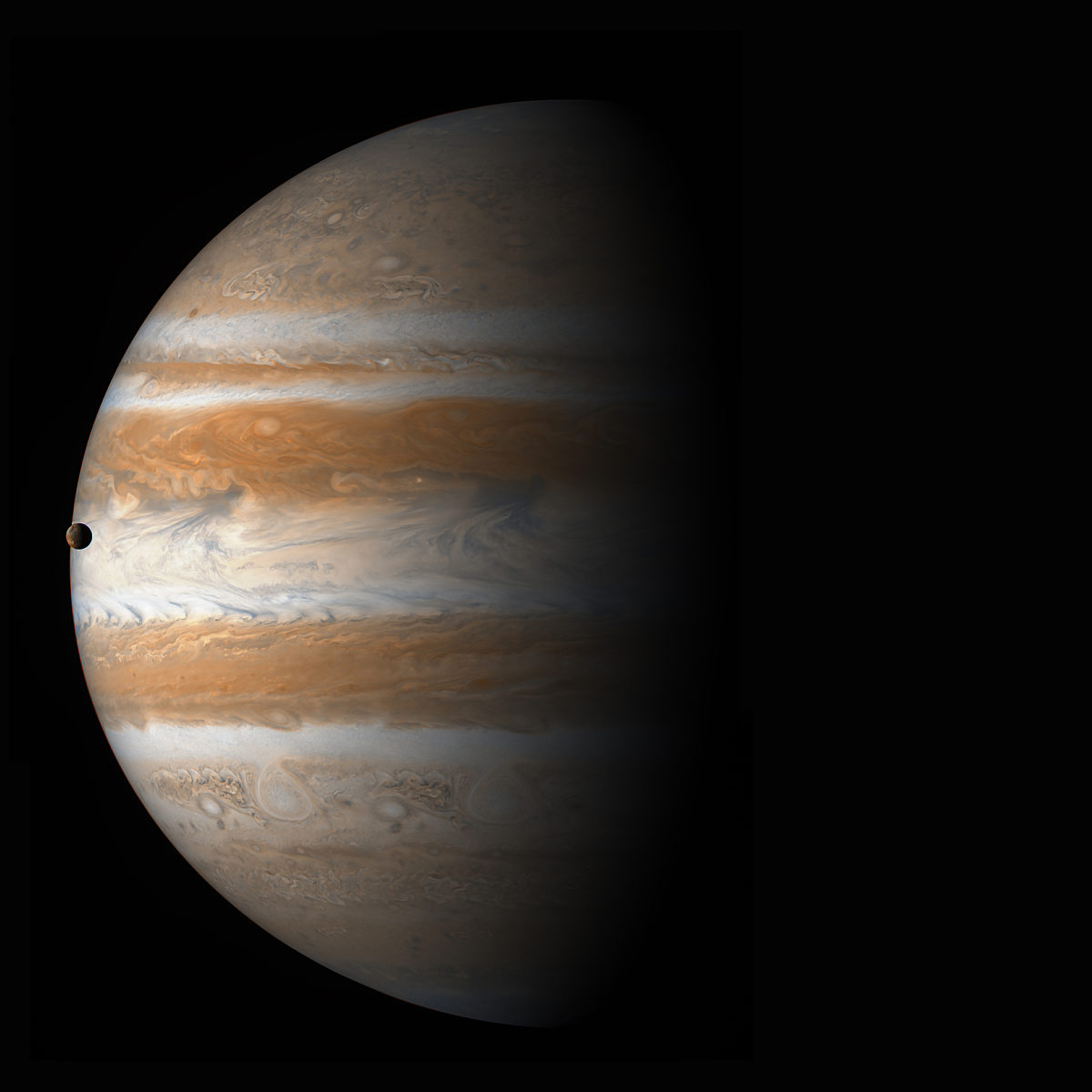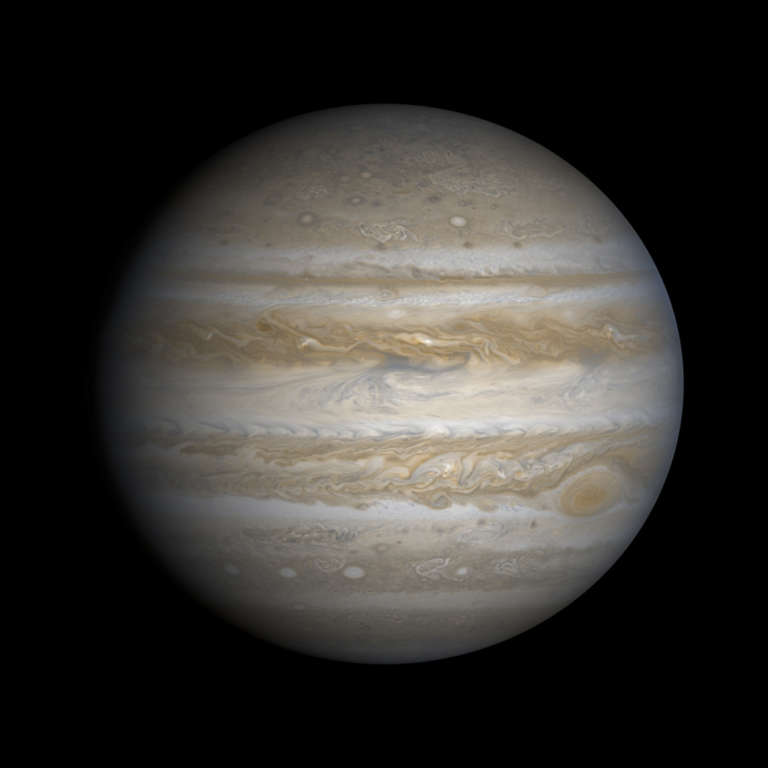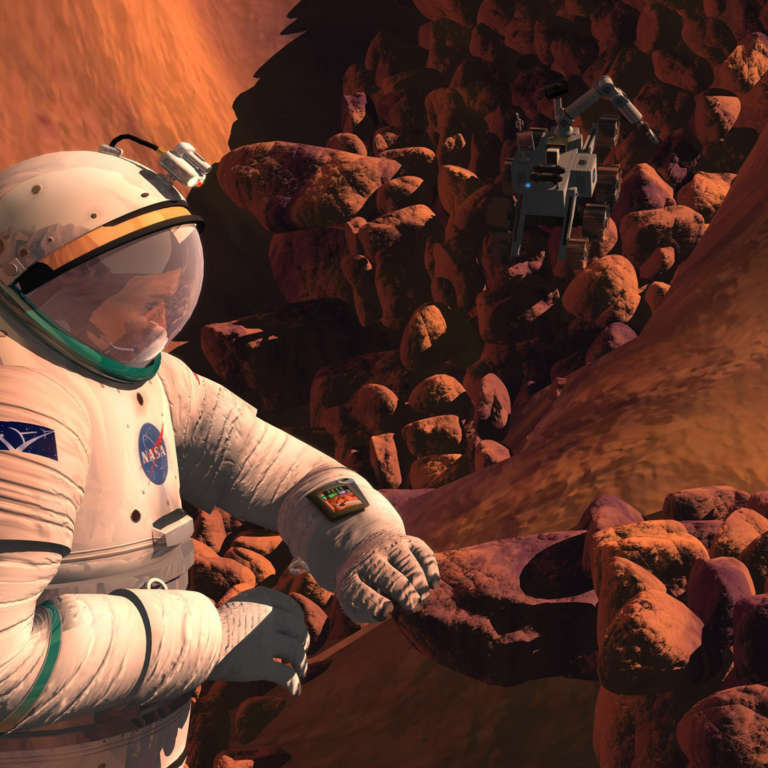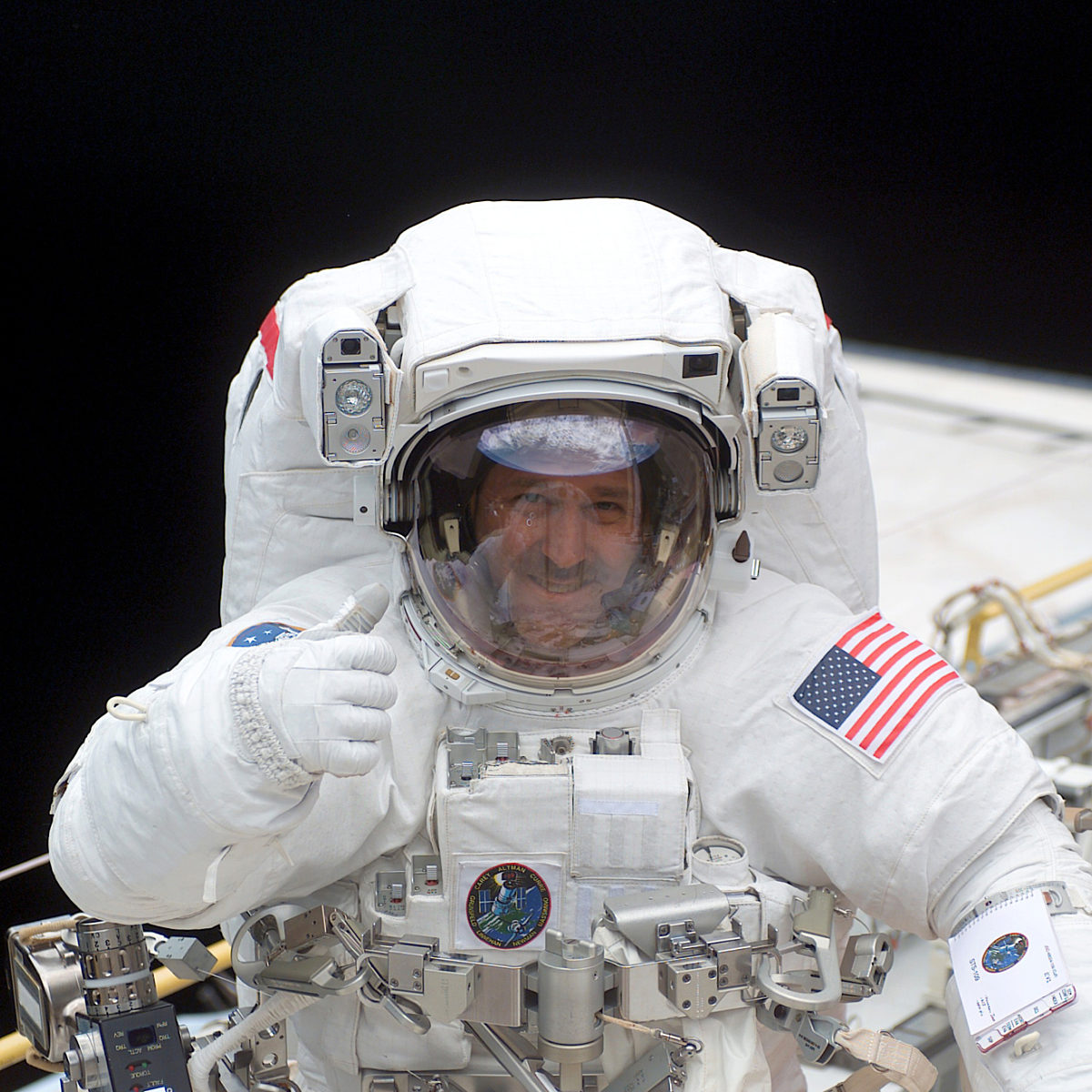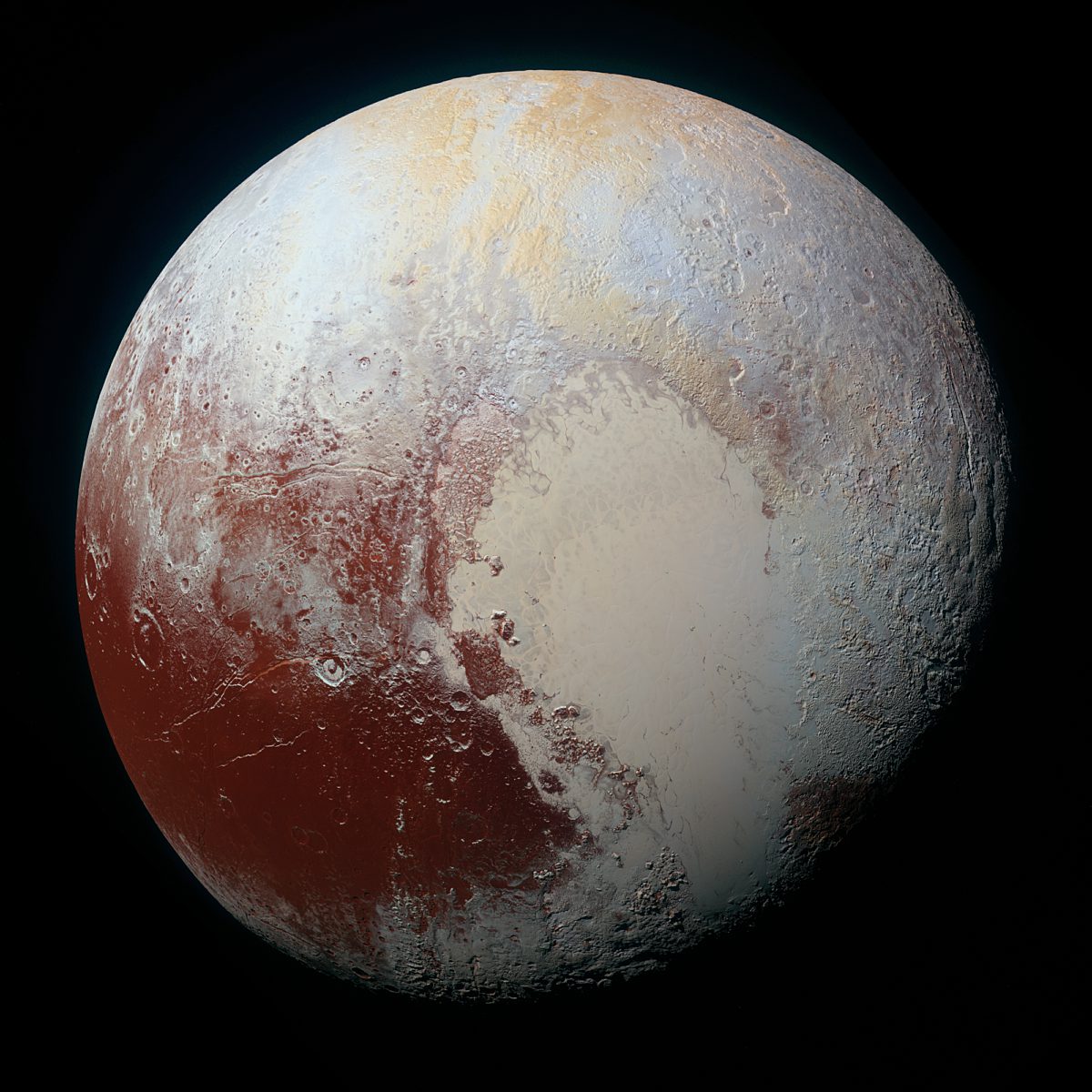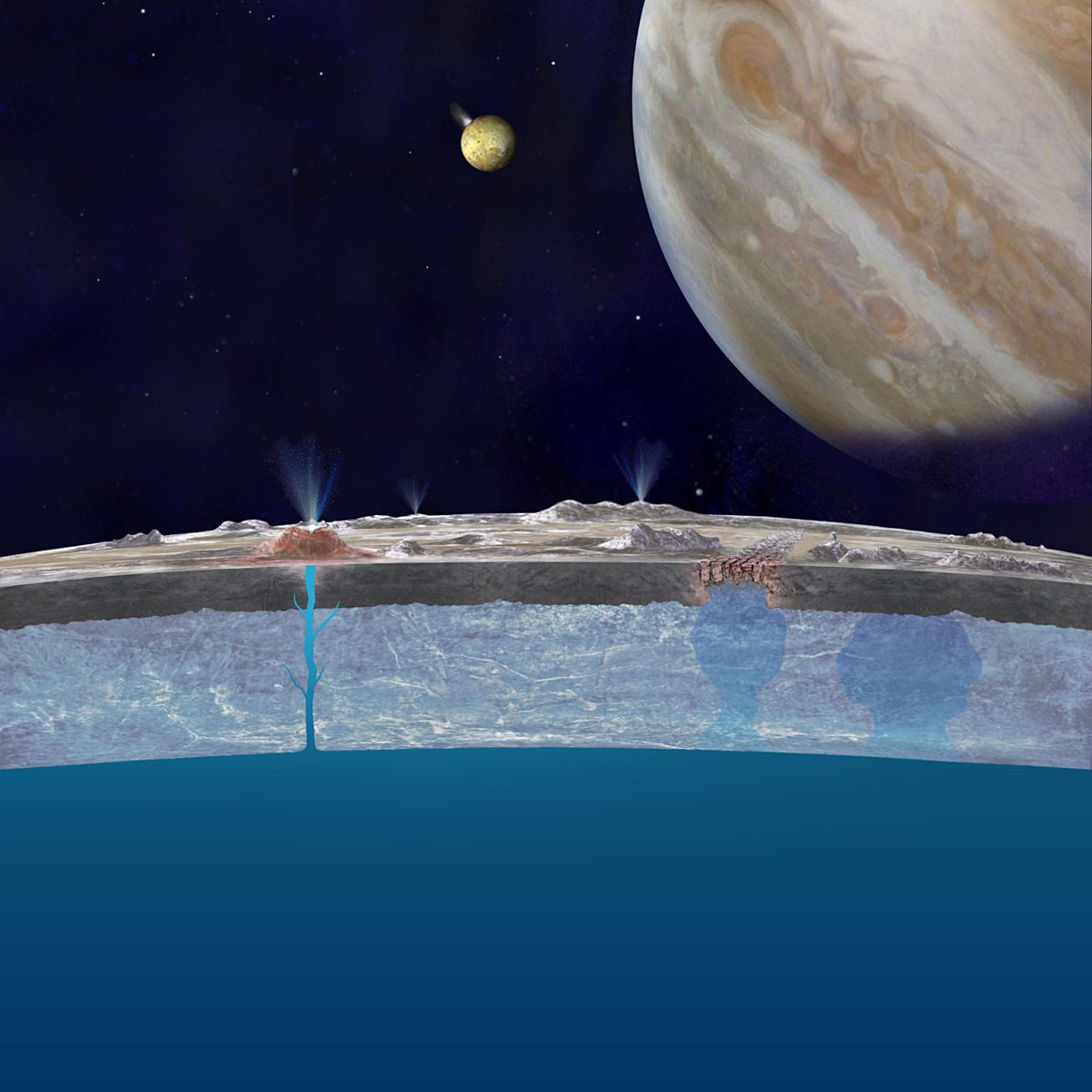Since 2002, Planetary Radio has visited with a scientist, engineer, project manager, advocate, or writer who provides a unique perspective on the quest for knowledge about our Solar System and beyond. The full show archive is available for free.
Search Planetary Radio
Rod Pyle reveals bizarre yet fascinating space projects of the past in his new book. Pyle also exposes previously classified information about missions and spacecraft you thought you knew.
Back to the annual meeting of the AAS Division for Planetary Sciences this week, where Mat Kaplan visited with experts on worlds of ice including Titan and Pluto, with a side trip to the dunes of Iran.
Host Mat Kaplan traveled to California’s Mojave Desert for a tour of Virgin Galactic’s The Spaceship Company, where the second SpaceShipTwo was built and is undergoing flight tests. TSC Executive VP Enrico Palermo was his guide.
Planetary Society Digital Editor Jason Davis returns with the story of the ten-day trek across the South he just completed with two Society colleagues.
In its nearly five decades, NASA has created or improved thousands of technologies, processes and innovations. Dan Lockney is in charge of making sure these solutions are found and utilized by industries and others in need.
The announcement was made just days ago. Co-discoverer Michael Endl tells us about the discovery of a roughly Earth-mass planet orbiting in the habitable zone of the closest star to our own.
In our third episode, we debate the risks and rewards of tying the future of a Europa mission to the fate of NASA's massive Space Launch System rocket. Also, NASA just announced that the next Mars rover will cost $2.4 billion—$900 million more than initially thought. But the mission is not considered over budget. Why not? Lastly, the U.S. just generated 50 grams of Plutonium-238, the largest amount in nearly thirty years. We celebrate the successful effort to create this critically important, though highly toxic, power source for deep space spacecraft.
Philip Lubin and his former student Travis Brashears have had quite a year. Their bold plan to send tiny probes to nearby stars is now supported by NASA and the Breakthrough Starshot $100 million dollar initiative. Hear their amazing story.
Return with us to the evening of July 4, 2016 and the exciting arrival at Jupiter of the Juno orbiter. You’ll hear the moment of successful orbital insertion. Several of the mission’s key contributors reveal how Juno accomplished this feat, along with what they hope the spacecraft will tell us about the giant planet.
She has spent most of her life working toward a bright future for humanity in space, and Lori Garver has lost none of her passion. She visited the Planetary Society for a wide-ranging conversation with Mat Kaplan.
This month Jason Callahan, Casey Dreier and Mat Kaplan ask whether the Moon vs. Mars human destination debate makes sense, highlight a new report on the science potential of CubeSats by the National Academies, and explain how a thrilling planetary science mission like Juno gets a thumbs up from NASA.
Juno will enter Jupiter orbit on July 4th. Mat Kaplan talks with the mission’s Principal Investigator, Scott Bolton at the Jet Propulsion Laboratory. Bill Nye helps prepare us for this exciting encounter and the science that will follow.
OSIRIS-REx will launch toward Near Earth Asteroid Bennu soon. In an early celebration of Asteroid Day, mission leader Dante Lauretta tells us how learning about asteroids may teach us about our own origins, and help us avoid a cataclysmic impact.
The Juno spacecraft will enter orbit at Jupiter on July 4th. It carries a camera that will send back spectacular images from just above the swirling clouds of that mighty planet. Planetary scientist Candy Hansen will tell us how we can help decide what it will view.
Three NASA leaders talk with host Mat Kaplan about the progress we're making toward leaving footprints on the Red Planet.
John Grunsfeld closes our coverage of the Space Foundation’s 32nd annual Space Symposium in Colorado Springs. We also meet the leaders of the New Generation Space Leaders Program.
Our special coverage from the Los Angeles Yuri’s Night party continues with Chris Lewicki of Planetary Resources along with Bob Pappalardo and Boback “Mohawk Guy” Ferdowsi who are preparing an orbiter for Jupiter’s ocean world Europa.
Bruce Betts, Jason Davis, Casey Dreier and Emily Lakdawalla gather with Mat Kaplan for a fascinating and informative Planetary Radio Extra year-in-review roundtable discussion.
Our year-end review features the “best of 2015” lists from Jason Davis, Casey Dreier, Emily Lakdawalla and Bill Nye the Science Guy. What’s Up offers planets, a comet, and a nice prize package for the space trivia contest.
We return to the beautiful Aquarium of the Pacific in southern California for a fascinating conversation about ocean science. What we learn down here is furthering our research around the solar system. William Patzert, Jerry Schubel and Steven Vance join Mat Kaplan on stage. Emily Lakdawalla tells us what Curiosity, the Mars Science Laboratory rover, has been doing lately. Bruce Betts is keeping his eye on converging Jupiter and Venus.


 Explore Worlds
Explore Worlds Find Life
Find Life Defend Earth
Defend Earth







